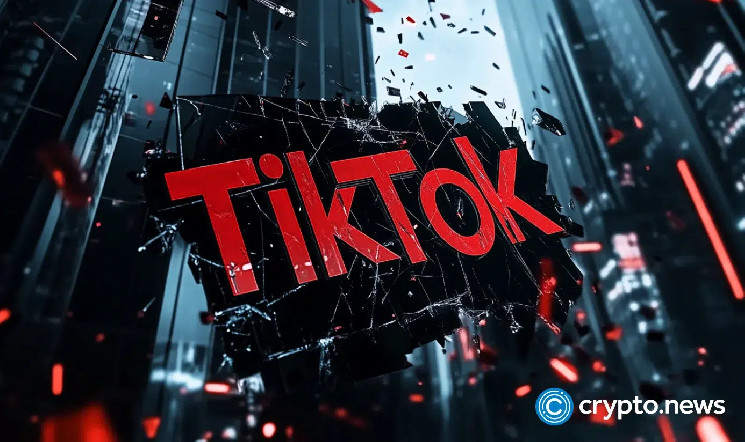TikTok, the popular short-form video platform, is entangled in a complex legal battle in the United States, facing a potential ban under the Protecting Americans From Foreign Adversary Controlled Applications Act. This legislation, driven by national security concerns over potential Chinese government access to user data, prohibits app stores and web-hosting services from distributing or supporting TikTok. This ban, if implemented, could significantly impact TikTok’s substantial US advertising revenue, estimated at $6.2 billion in 2023. Despite looming deadlines and the Supreme Court’s involvement, President-elect Donald Trump and several senators are actively seeking solutions to avert the ban, underscoring the platform’s influence and the ongoing debate surrounding its future in the US. The core issue revolves around the tension between national security concerns and the implications of restricting a widely used social media platform, highlighting the complex challenges posed by technology and geopolitics.
While TikTok’s primary function is entertainment, its intersection with the cryptocurrency world has been notable. Despite TikTok’s history of suppressing crypto-related content, the platform has inadvertently played a role in crypto awareness and engagement. Instances like the viral #DogecoinTiktokChallenge in 2020, which boosted Dogecoin’s value, demonstrate the platform’s potential to influence cryptocurrency markets. Furthermore, the Solana-based gaming project, Sonic, leveraged TikTok for airdropping its SONIC token and onboarding users for its SonicX game, illustrating the platform’s utility for crypto projects seeking wider audience reach. This dichotomy between TikTok’s official stance on crypto and its occasional facilitation of crypto-related activities creates a complex and often contradictory relationship.
The potential TikTok ban raises questions about the future of crypto engagement on social media platforms. While some experts argue that the ban will have minimal impact on the crypto market due to TikTok’s pre-existing restrictions on crypto content, others acknowledge the platform’s role in reaching a younger, tech-savvy demographic, a key audience for the crypto industry. The ban could potentially shift crypto communities to other platforms, leading to a redistribution of influence and engagement. This shift could also create opportunities for other platforms to become hubs for crypto discussion and promotion, reshaping the landscape of online crypto communities.
The UK’s Financial Conduct Authority (FCA) has raised concerns about TikTok’s virtual gifting system, which involves the purchase and exchange of TikTok Coins and “diamonds.” This system bears similarities to cryptocurrency transactions, raising red flags for the FCA regarding potential unregulated crypto activities, including money laundering and insufficient consumer protection. This highlights the broader regulatory scrutiny of online platforms and their involvement in activities that resemble financial transactions, regardless of whether they involve traditional cryptocurrencies. The FCA’s concerns underscore the complex regulatory challenges posed by emerging digital economies and the need for clear guidelines to protect consumers and prevent illicit activities.
TikTok’s relationship with the crypto community has been multifaceted, characterized by both cautious distance and unexpected integration. While the platform has implemented policies to restrict crypto-related content, aiming to shield users from potentially risky investments and misleading information, it has also served as a launchpad for certain crypto projects, demonstrating its potential as a marketing and community-building tool. This duality reflects the broader challenge of regulating emerging technologies and balancing the need for innovation with consumer protection.
Ultimately, the potential TikTok ban in the US highlights the complex interplay between technology, geopolitics, and the evolving landscape of digital finance. While the ban’s direct impact on the crypto market might be debatable, it underscores the need for clear regulatory frameworks for digital platforms and their involvement in activities resembling financial transactions. The ban also raises important questions about the future of online communities, the potential for platform migration, and the evolving relationship between social media and the cryptocurrency world. The outcome of the TikTok ban will undoubtedly shape the future trajectory of online interaction, content creation, and the integration of emerging technologies like cryptocurrencies into mainstream social media platforms.














